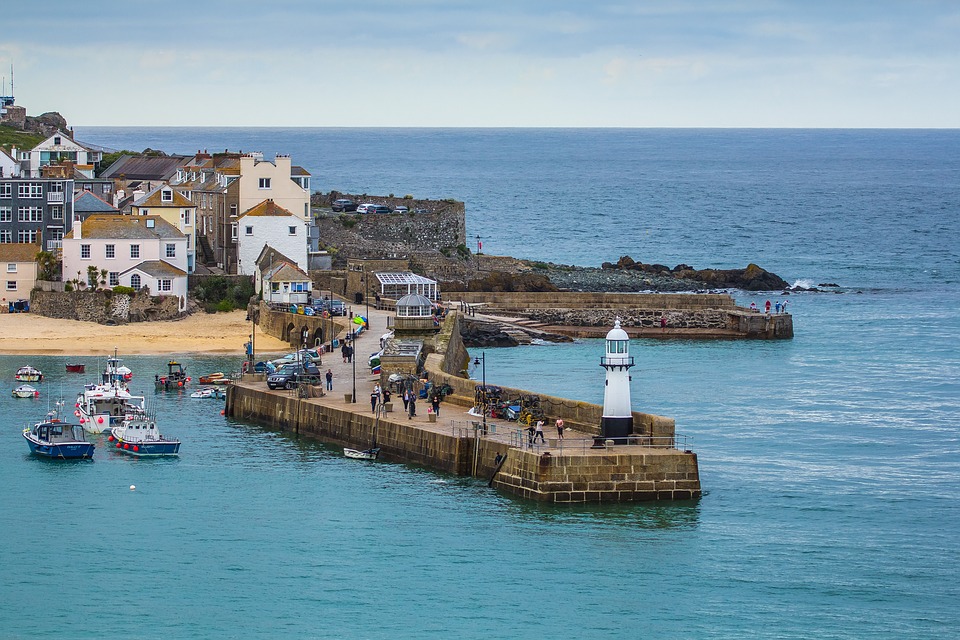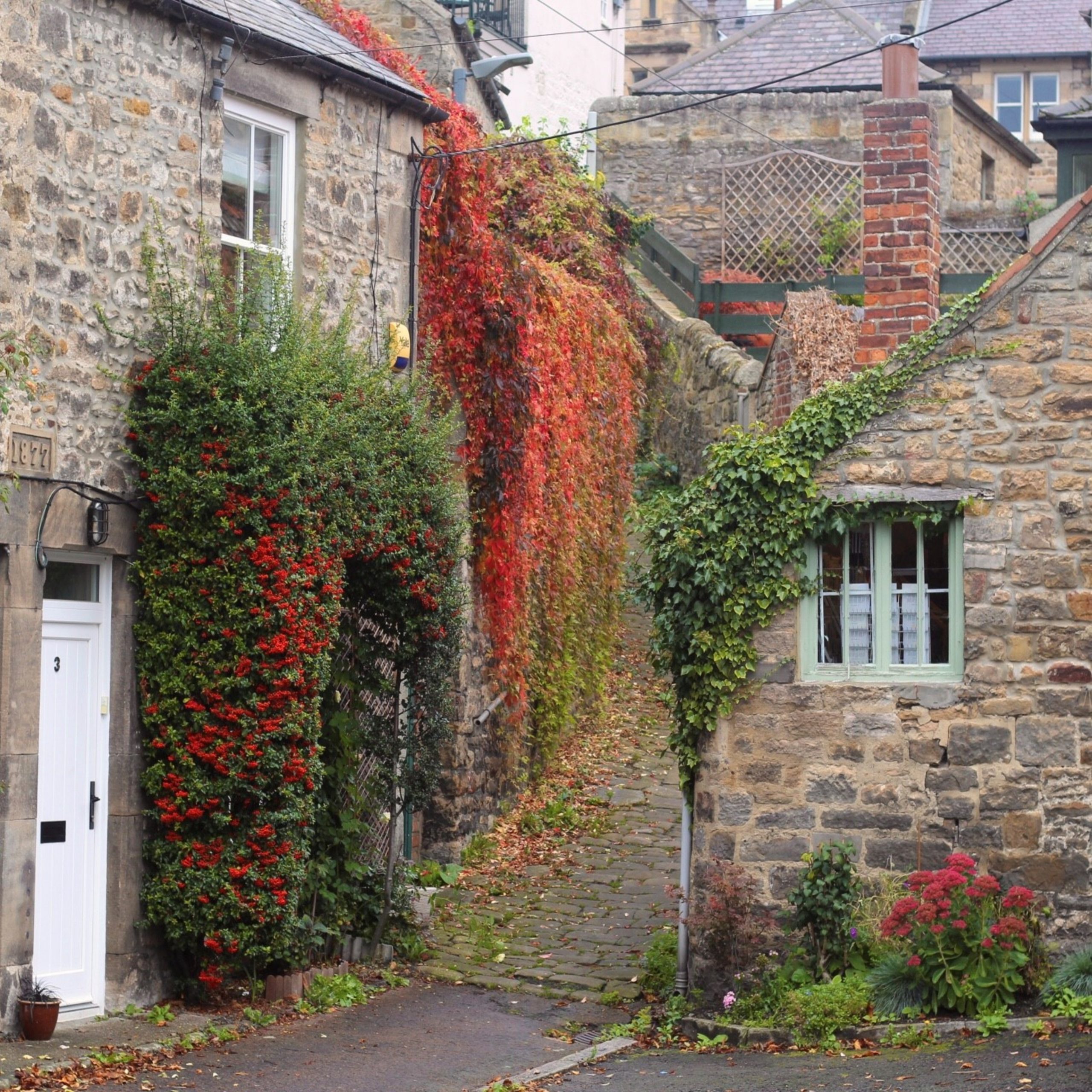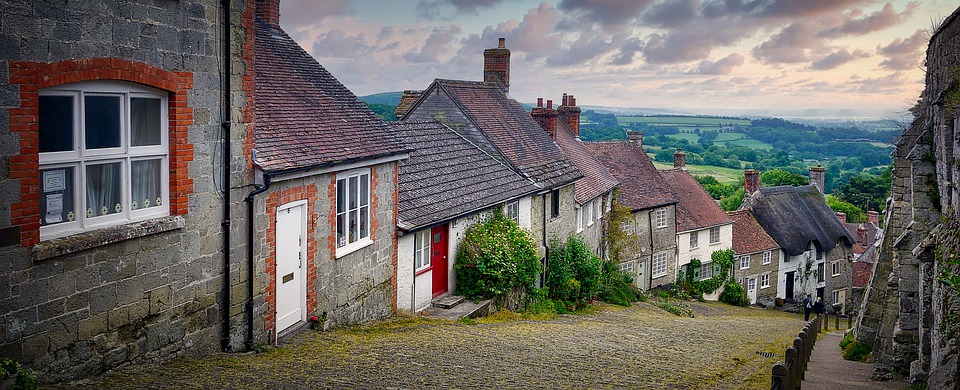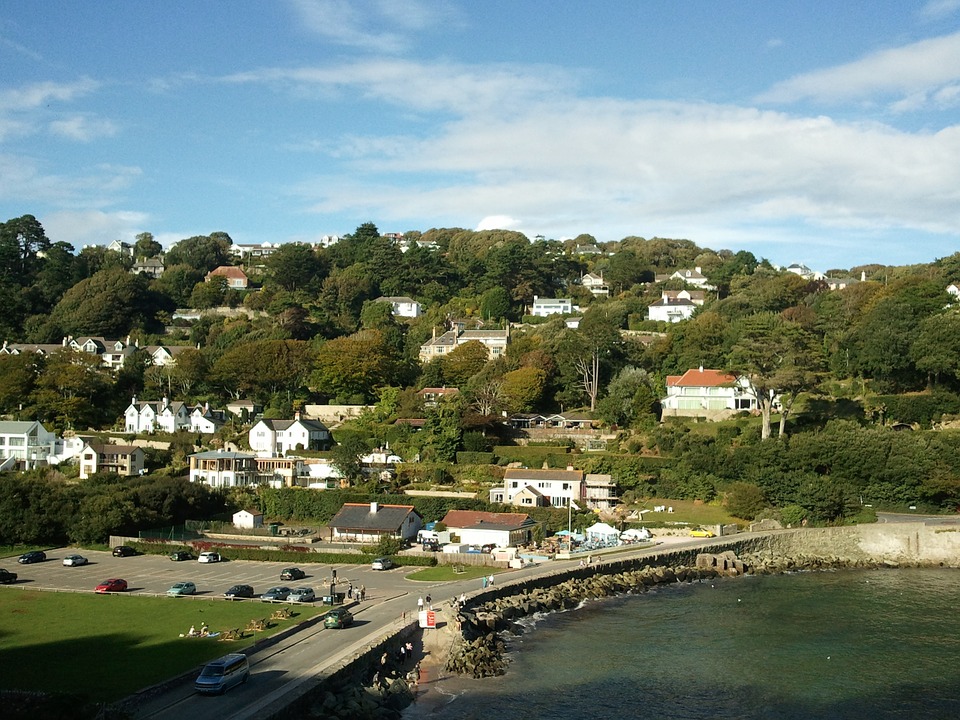Short-term lets – and specifically furnished holiday lets – are now generating greater profits for owners than the traditional long-term buy-to-let model, but there are downsides.
In the aftermath of the pandemic, short-term lets surged in popularity, when staycations became the only way – or the preferred way – to take a holiday compared with overseas travel. Even after Covid restrictions were largely lifted, more people still opted to holiday in the UK than pre-pandemic.
But the property type had already been rising through the ranks as a property investment option for a number of reasons, including recent buy-to-let tax changes that meant some landlords paid lower levels of tax on holiday lets than buy-to-lets.
Some recent research conducted by Hamptons, using official data from HM Revenue and Customs, has revealed that in the 2020-21 tax year, income for short-term lets in the UK hit £15,600, while traditional buy-to-let income generated £13,400. This is the first time income has been higher for holiday lets.
Discover our Holiday Let Mortgage Broker services.
Long-term landlords moving to short-term lets?
However, while there have been many reports over the past three years indicating that some landlords have ditched the long-term for the short-term rental option, the data reveals that in fact only 1.5% of all landlords are holiday let owners.
Therefore, the vast majority of landlords still see the highest value from their long-term rentals, putting paid to rumours of large numbers of landlords ditching the traditional buy-to-let model.
When looking at how the furnished holiday let industry has grown over the years, the study showed that 63,000 people made an income from 65,000 lets in 2020/21, up from 46,000 individuals who owned 50,000 holiday lets in 2011/12.
The report notes that there are two main reasons that the short-term lets sector has grown so much, the first being that the majority of such properties are used for both personal and commercial purposes. The commercial side in particular has grown in recent years, adding to the figures.
The other reason, as touched upon earlier, is the ‘staycation boom’ that boosted demand in the sector to a significant level, leading to more landlords and homeowners taking the opportunity to let out suitable properties to fill the need.
Contact us today to speak with a specialist Holiday Let Broker to discuss how we can assist you
More income, same profit
Interestingly, while the report demonstrates the overall increase in income generated from short-term holiday lets, it also notes that due to rising running costs, owners of both property types end up with “a similar amount of cash in their pocket”.
According to Hamptons, running costs for a holiday let consume around 43% of the total income, while costs for a buy-to-let are around 31% of the total rental income, not taking financing costs into account. Furthermore, incomes are also currently forecast to fall back to pre-pandemic levels.
The maintenance costs that come with a furnished holiday let can include regular cleaning services, more frequent replacement of equipment and appliances due to the higher number of different guests, and more general wear and tear to carpets, fixtures and fittings.
Discover our Holiday Let Mortgage Broker services.
Often, landlords with holiday lets will employ an agency to deal with the general management of the property, including listings and comings and goings, which further adds to the costs of short-term lets.
On the plus side, aside from the higher income you could receive – particularly for a well-located, well-turned out property – you could also benefit from its use as a holiday home. The property must be furnished and available for at least 210 days per year to legally count as a holiday let, but the rest of the time you could you it yourself.
From a tax perspective, there can also be certain benefits to short-term lets, which you can read more about here. This article will also tell you more about the rules and regulations that apply to running a short-term let.
By Eleanor Harvey
Source: Buy Association








